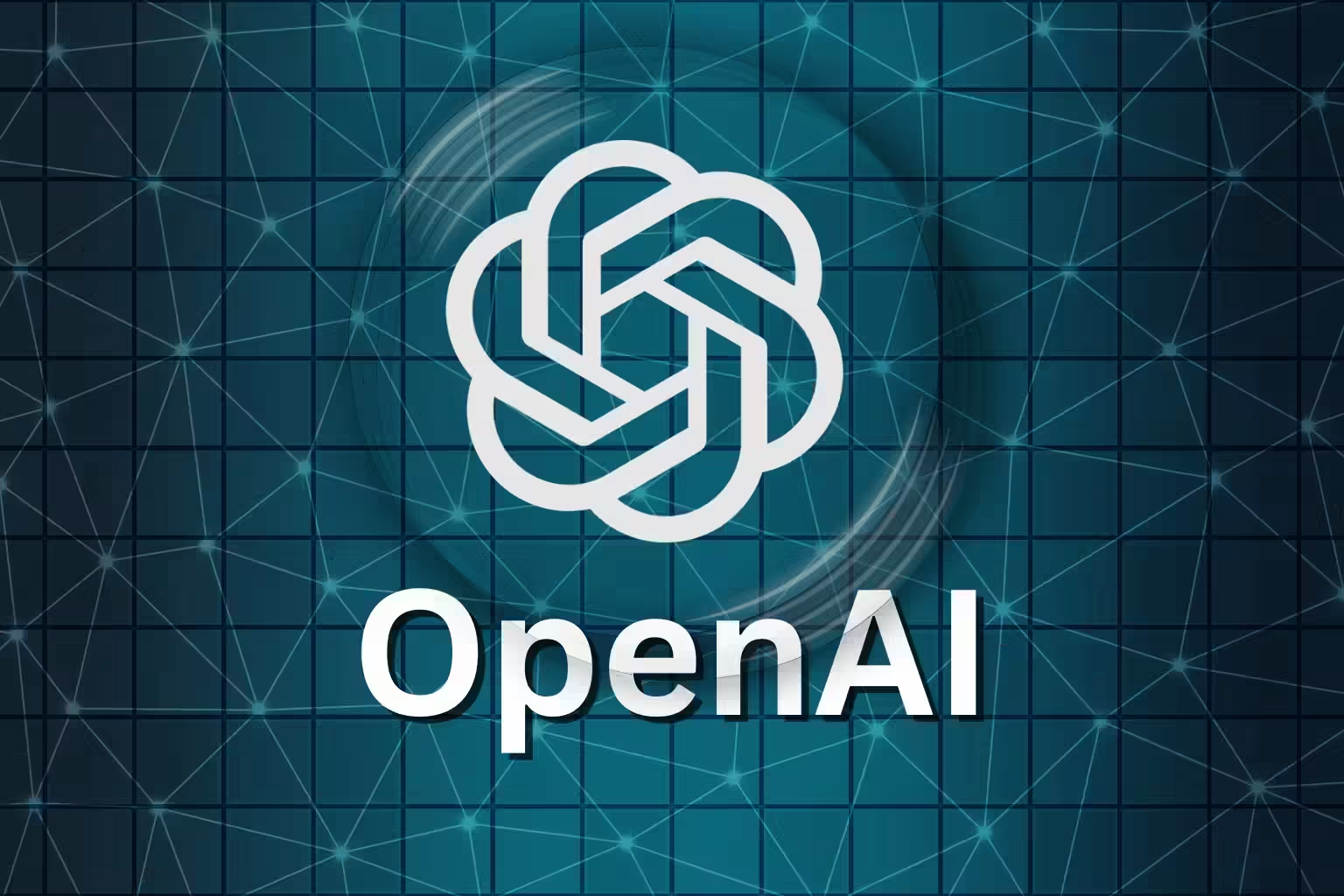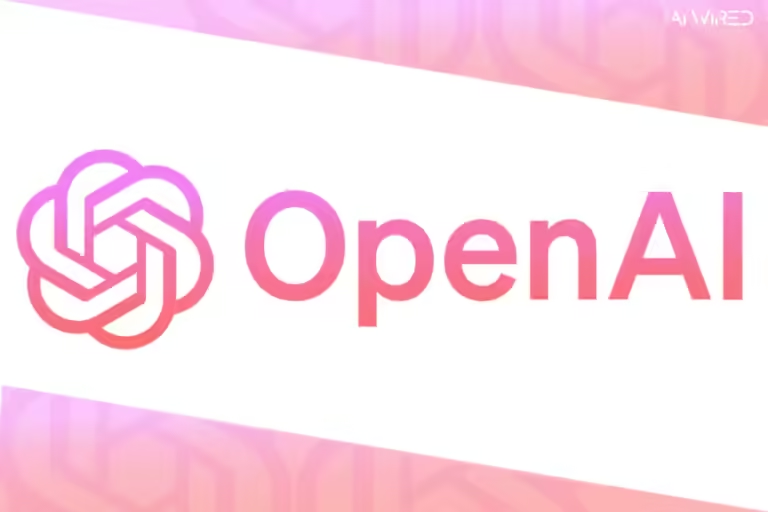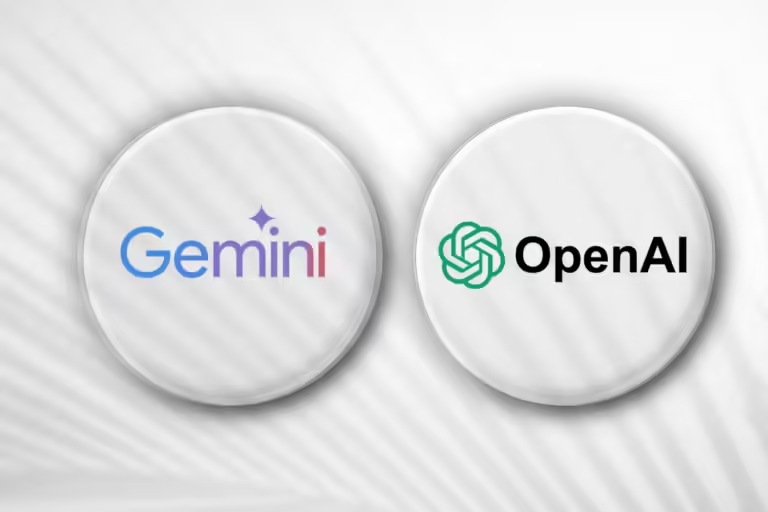
How OpenAI and AI Chatbots Changed Voter Info: 2M Users Sent Elsewhere
Now that the election is over, it’s fascinating to look into how AI chatbots changed voter information. For example, OpenAI told 2 million ChatGPT users to go to other sites.
The dissection can begin now that the election is over. Since this is the first election where AI chatbots were a big part of how voters got information, it’s fascinating to think about even rough numbers. At one point, OpenAI said it told about 2 million ChatGPT users to go look somewhere else.
That’s not all it did; it also pointed them in the direction of reliable news sources like Reuters and the Associated Press.
On Election Day and the following day, ChatGPT responded more than 2 million times with the message, “I’m just an AI; go read the real news,” according to an update from OpenAI in a blog post about its election management process.
In the month before the election, CanIVote.org received about a million questions about voting from ChatGPT users. Interestingly, during the same period, CanIVote.org declined approximately 250,000 requests to create images of the candidates.
While this was going on, the AI search engine Perplexity pushed its election information hub hard, which the company said led to 4 million page views (according to Bloomberg).
This number range lacks clarity; it can be either low or high. They cannot possibly rank among the top news outlets. On Election Day and the day after, CNN’s websites had about 67 million unique visitors.
But even when things are going well, traffic is difficult to measure. This year, it doesn’t matter that CNN got 10 times as much traffic as these two AI platforms put together.
What matters is that it got 10 times as much traffic. Millions of people were interested enough in the election and had enough faith in AI companies to at least ask them about it or give it a try.
AI Chatbots’ Role in Election Day
OpenAI opted for safety, whereas Perplexity may have taken a calculated risk. However, the AI industry as a whole is probably thrilled that none of the big brands made a big mistake (except for xAI, of course) and that people found these chatbots and AI-powered platforms useful as resources on Election Day.
They were lucky that this election, while controversial in some ways, was pretty clear-cut and didn’t lead to many unclear situations like disputed results, recounts, or lawsuits. If the 2020 election had taken place this week, their performance might have been less favorable.


